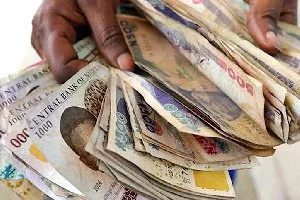
The naira has paused its four-day recovery at the official and parallel markets after the Central Bank of Nigeria (CBN) began to clear Forex backlogs, which are blamed for the naira crash.
Analysts believe the scarcity of Forex was responsible for the naira's woes as importers and exporters scrambled for the few dollars available for transitions.
On Tuesday, November 7, 2023, the exchange rate between the naira and the dollar dropped from N869.91 to a dollar in the official market.
The crash represents a loss of N60.89 or a 6.99% decline compared to the N809.02 it closed the week on Monday, October 6, 2023.
The crash is the second time the naira has fallen against the US greenback after CBN began clearing the Forex backlog. The naira recorded N110 per dollar at the intraday high and N700 to a dollar at the intraday low, showing a disparity of N400.
Data from NAFEM, the official Forex window for Nigeria's foreign exchange market, FX turnover at the close of the trading day was $70.92 million, a 19.08 decline compared to the day before.
Parallel market witnesses' recovery
However, the naira recorded a marginal recovery in the black market, exchanging for N1,050 per dollar, while peer-to-peer traders quoted around N1,62.10 per dollar.
According to reports, the gap between the official and parallel markets is closing as Nigeria intensifies efforts to strengthen the local currency.
Analysts show optimism for naira recovery
A Forex trader, Bolade Johnson, told Legit.ng that the parity may not close, but the margin will remain low so that speculators and traders will find it risky to use the alternative market.
"What we are seeing is a gradual convergence of the exchange rates markets. The wide disparity between the markets is closing up, but there is still more to be done," Johnson said.
Johnson said unifying the forex market would be done after a while as it was not created overnight.
"As Nigeria continues its intervention in the FX market, we will see the naira rally against major currencies."
An economist and banker with the United Bank for Africa (UBA), Tony Igwe, said what Nigeria should do is intensify its forex intervention moves.
"We have seen what that can do to the naira. Clearing the FX backlogs boosted the naira despite its impact not yet being felt in the price of goods and services," he said.

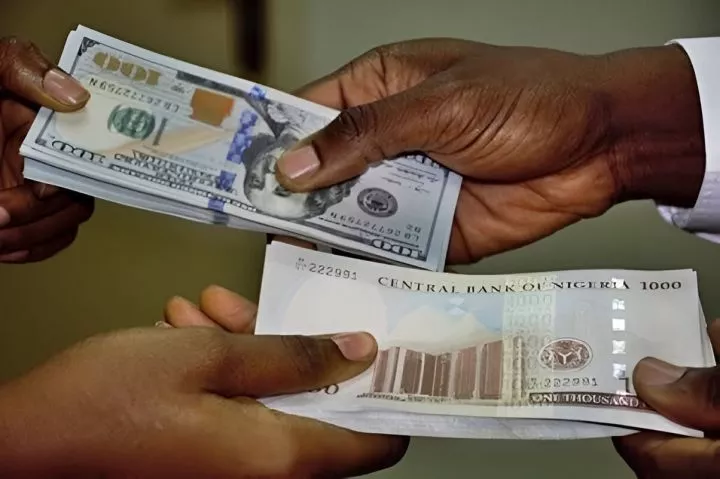
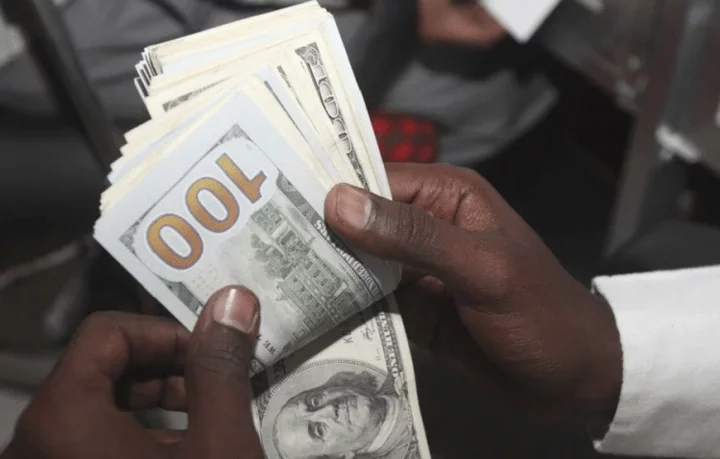
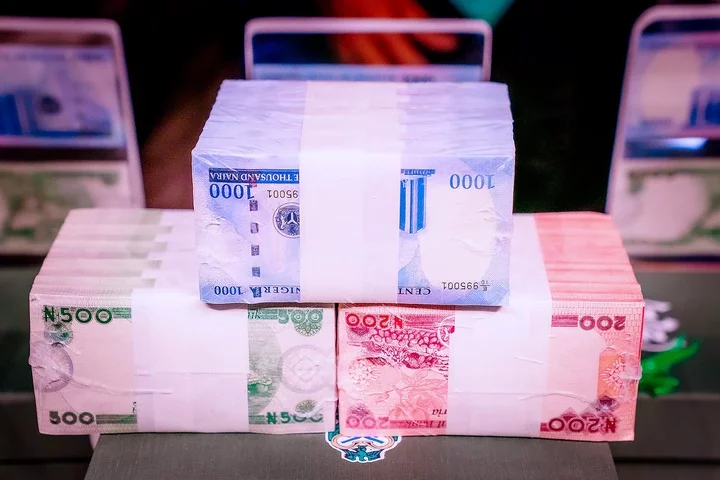
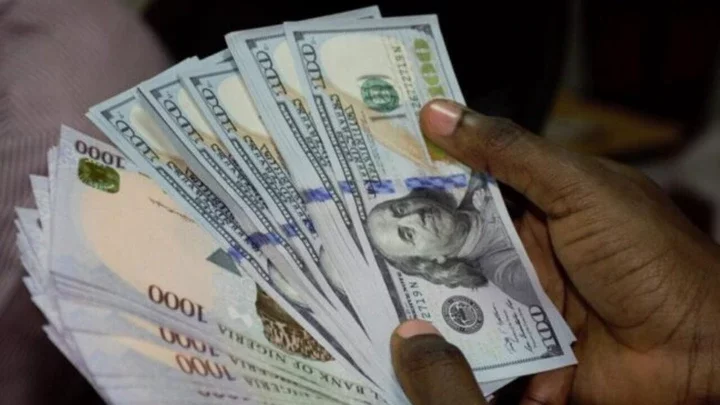
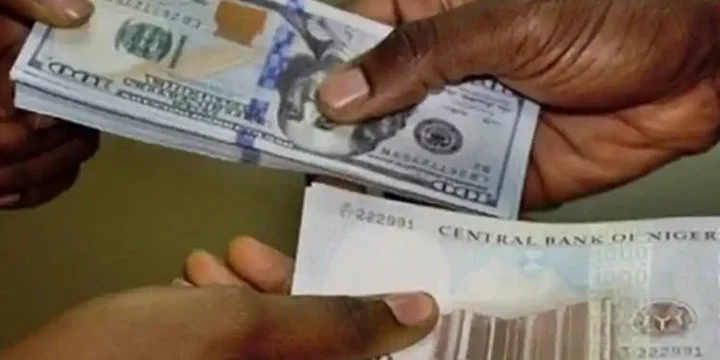

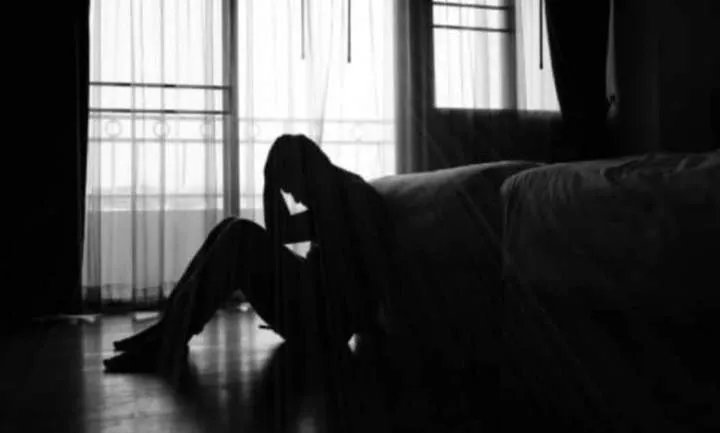

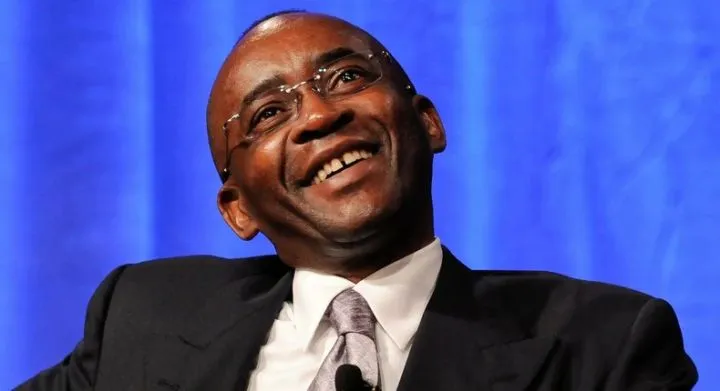

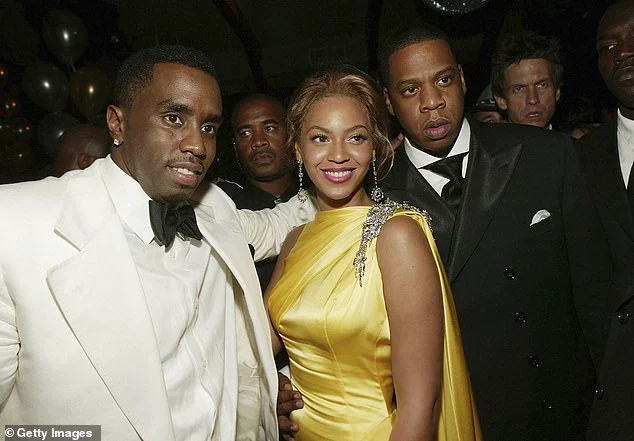




Comments